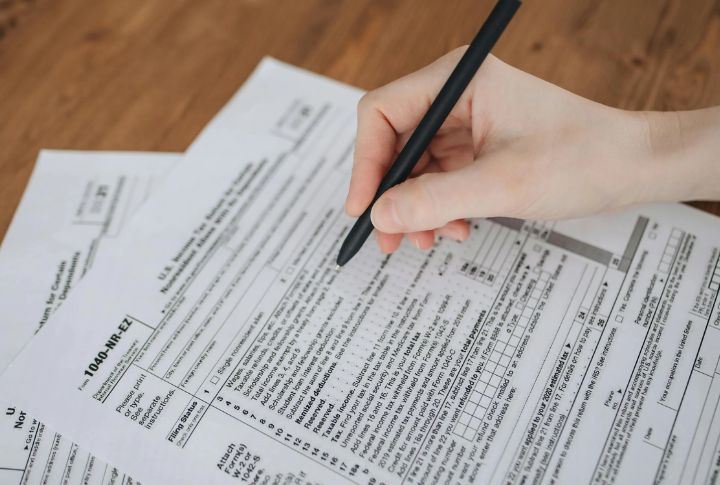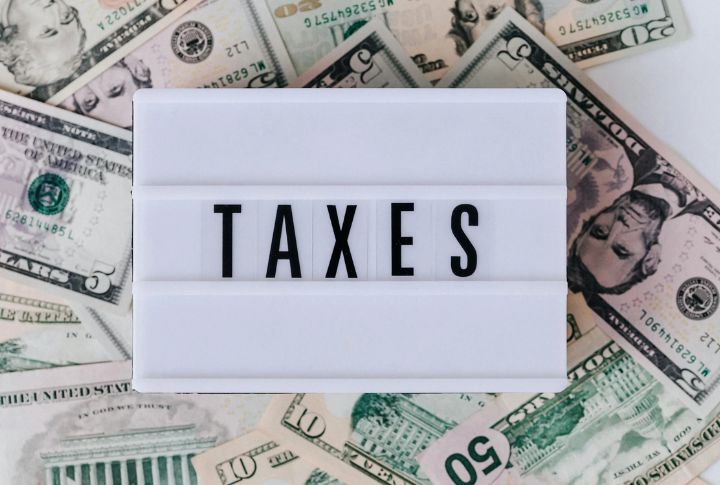
Turning 50 comes with some surprising perks, especially when it comes to your finances. Hitting this milestone opens the door to valuable tax breaks and savings opportunities that could keep more money in your pocket. If cutting your tax bill sounds good, here are 10 smart ways to make it happen.
Property Tax Breaks For Seniors Vary By State

Owning a home after 50? Many states provide property tax exemptions, reductions, or freezes for older residents. Eligibility often starts at 60 or 65, but rules differ widely. In Texas, homeowners who are 65+ qualify for school tax freezes, saving thousands. Checking local programs could mean serious savings.
Credit For The Elderly And Disabled Applies At 65+

This tax credit offers up to $7,500 for qualifying individuals aged 65 or older or those who are permanently disabled. Qualifying requires meeting strict adjusted gross income limits, typically under $17,500 for singles or $25,000 for married couples filing jointly. The credit amount varies based on non-taxable income, like Social Security, which may reduce the benefit.
Catch-Up Contributions For IRAs And 401(k)s Begin At 50

At this age, you can take advantage of higher contribution limits for retirement accounts. You can add an extra $1,000 to an IRA and $7,500 to a 401(k), which helps grow your retirement savings while lowering taxable income. It’s an excellent way to supercharge your savings for retirement.
Standard Deduction Increases At 65+

Bigger savings arrive at 65! Seniors get an extra $1,950 for singles or $1,550 per spouse for married couples added to their standard deduction, significantly lowering taxable income. This benefit helps many retirees reduce their tax bill without itemizing expenses—a simple but powerful financial win.
Higher Tax-Filing Threshold For Seniors Starts At 65+

Not every retiree needs to file taxes, thanks to a higher filing threshold. Single seniors must earn at least $15,700 before filing, versus $13,850 for younger taxpayers. Lower-income retirees are spared from unnecessary tax obligations, which helps make their retirement finances more manageable.
Penalty-Free Retirement Withdrawals Begin At 59½

After age 59½, you can withdraw money from IRAs and 401(k)s without paying the 10% early withdrawal penalty. You’ll still owe regular income tax, but the rule offers more control over your savings. Moreover, starting at age 73, required minimum withdrawals must be taken each year to avoid IRS penalties.
Qualified Charitable Distributions (QCDs) Start At 70½

Qualified Charitable Distributions (QCDs) let people aged 70½ or older donate up to $100,000 per year directly from their IRA to a qualified charity. This donation can count toward their Required Minimum Distributions (RMDs). The donated amount does not count as taxable income, reducing your tax liability.
Health Savings Account (HSA) Catch-Up Contributions Begin At 55+

Healthcare gets pricier with age, but HSA catch-up contributions help ease the burden. Starting at 55, individuals can contribute an extra $1,000 annually to HSAs, allowing tax-free medical expense savings. It’s a fantastic tool for covering future healthcare costs without added tax stress.
IRS Free Tax Help Available For Seniors 60+

Managing tax rules can be tricky, but free help exists. IRS-sponsored programs like Tax Counseling for the Elderly (TCE) and Volunteer Income Tax Assistance (VITA) provide free expert guidance. Seniors 60+ can access this service to ensure deductions aren’t missed and maximize savings.
State-Specific Tax Benefits For Seniors Exist

Beyond federal tax perks, many states offer income tax exemptions, homestead credits, or pension exclusions for older residents. Retirees aged 65 and older in Georgia can exclude up to $65,000 of their retirement income from state taxes. Looking into local programs can avail significant savings.
